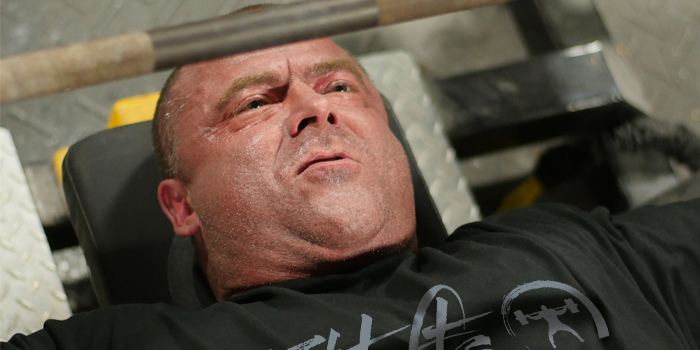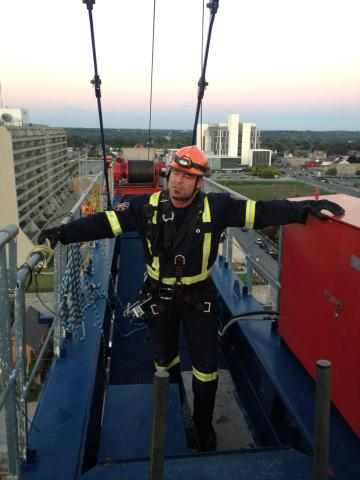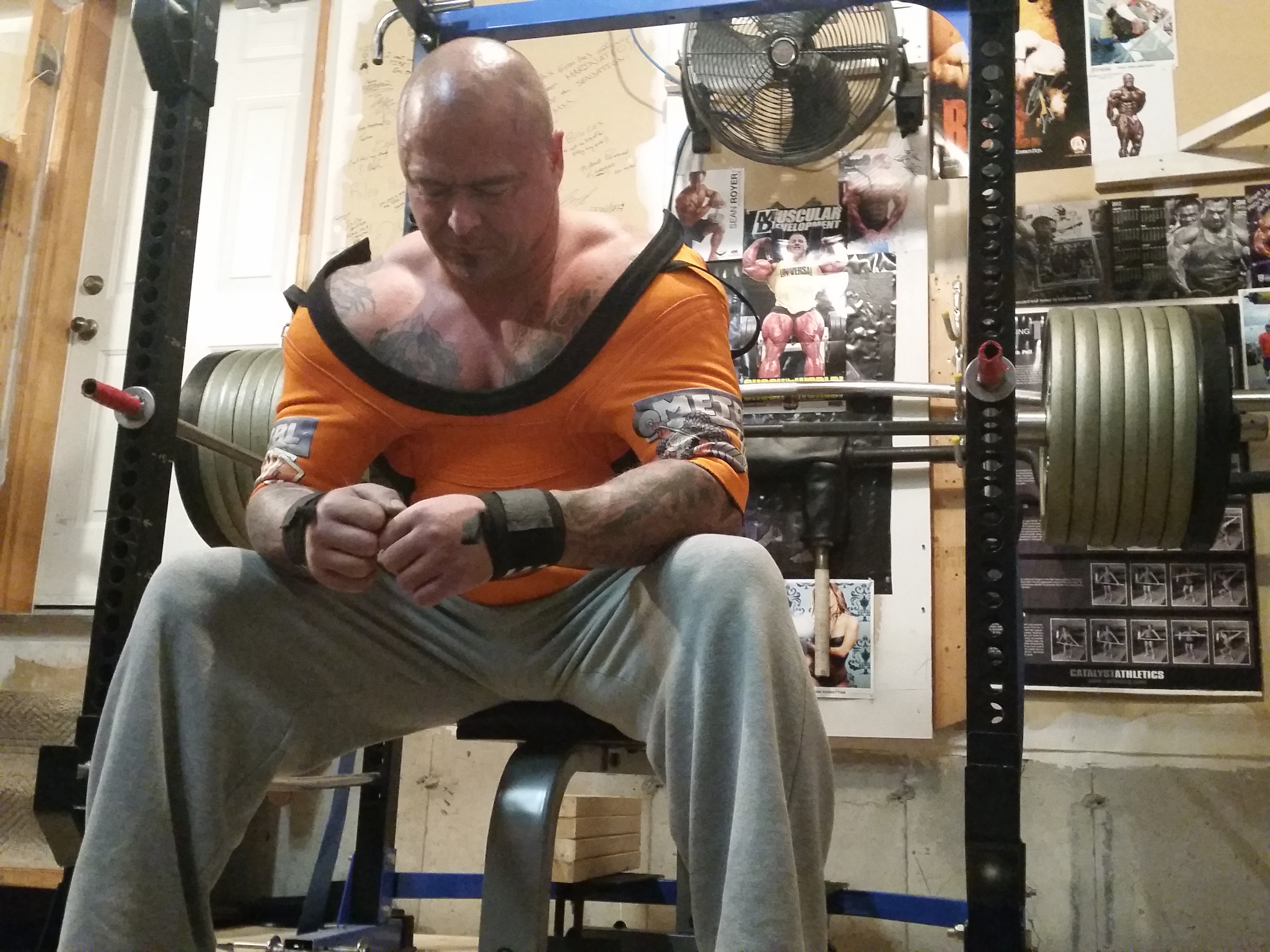
Our bodies rely on functioning properly through homeostasis (the tendency towards a relatively stable equilibrium between interdependent elements of the human body), which signals a myriad of numerous hormones that rely on a number of factors in response to the circadian rhythm to regulate sleep patterns.
There are numerous professions that are dependent on shift work as a normal part of their profession. Professions such as police, emergency medical services, fire service, military and numerous industrial jobs.
If we don’t sleep in sync with seasonal light exposure according to the circadian rhythm, we can alter our biological rhythms that control hormones and neurotransmitters that determine appetite and both mental and physical health.
I have been working shift work for most of my adult life, having worked as a police officer for eleven years and now as a firefighter and rescue technician. I will be the first person to admit that I am extremely jealous of anyone who works a regular dayshift and gets to sleep every night in his or her own bed. If you’ve never experienced sleep deprivation or a disrupted sleep pattern, consider yourself lucky. Not only do these disruptions interfere with your “regular” life, they can especially play havoc on your “training” life. Have you ever seen the Navy Seal candidates take part in their sleep deprivation training? They can barely add 2 + 2 when they are deprived of sleep!
The current shift pattern that I am working at the fire department consists of 42-hour workweeks that are broken up into three blocks:
- Four 10-hour dayshifts
- Three 14-hour nightshifts
- One “long shift,” which is 86 hours worked in six days
The “long shift” consists of working 10-hour dayshifts on Friday and Saturday, a 24-hour shift on Sunday, and return ten hours after working a 24 hour shift to work three 14-hour nightshifts on Monday, Tuesday and Wednesday. If anyone has any ideas on how to implement some quality powerlifting training into this week it would be greatly appreciated!
I always get comments from people that state, “It must be nice to go to work and get to sleep while your work” so I am going to address this with an analogy that hopefully everyone can understand.
I invite you to come over to my place and I will set up a cot in my basement for you to sleep on. I’ll make sure there’s lots of white noise so you can get a quality sleep (several grown men snoring, burping and farting) so it’s realistic. Every two hours I’m going to blow an air horn in your ear and wake you up. You must get up, get dressed and be in your car ready to go in one minute (but you don’t have to drive, I’ll drive… because I’m such a nice guy).
We’re going to drive really fast with the radio blasting, the interior lights on, and we’re going to an apartment building where you get to put on a 50-pound backpack, grab a 12-pound sledgehammer and run up several flights of stairs. (I won’t make you do anything this time, because it’s a false alarm).
We’re going to drive back home and you get to go back to bed for some “quality sleep” and we can continue this routine for the remainder of the night. Then when you get up in the morning for shift change and your eyes are bloodshot, your thoughts are scrambled and you’re trying to figure out where you are and what’s going on, I’m going to say to you “must be nice going to work and sleep all night!”
I think you get the picture.
RELATED Under Pressure: Are Life Factors Influencing Your Training?
I will argue that sleep is the most important factor to address in order to be able to train optimally and also to keep you healthy, both mentally and physically. Sleep regulates a cascade of hormone and neurotransmitter functions that keeps your body functioning properly. If you don’t believe that sleep isn’t one of the most important factors in your training, try to sleep a few nights a week for only two or three hours and see how you feel, look, and perform. I’d bet your training intensity and performance will suffer dearly, as well as a reduction in your cognitive function and mental clarity.
Sleep is only one of the factors that influence your ability to train properly. What about nutrition? What about recovery? What about stress? What about other commitments? Family? One thing is certain: if you don’t get proper sleep, your recovery will not be optimal and your body will be stressed from lack of sleep.
How is it possible to try and train optimally while working these types of shifts?
You can’t!
One of the first things to do is to try your best to sleep as much as you can after you get home from your shift. It is essential to have your room completely “blacked out” so there is no light whatsoever getting in. Unplug or blackout any alarm clock lights, computer lights, cell phone lights, etc.
EVERY cell in your body responds to light. Your body is so sensitive to light that universities have done sleep studies to measure hormone responses to light and had a test subject lie in a completely blacked out room. They shone a small light (about the size of a quarter) on the back of the knee and found that it disrupted normal hormonal patterns. Once again, EVERY cell in your body responds to light. If you wear a sleep mask to keep the light out while you sleep, it doesn’t work if any of your skin is exposed to light!
I have to advise anyone working shift work that it is pretty much impossible to follow any specific training program to a tee while working crazy shifts. In all likelihood you will have to modify any training program to fit to your schedule and you have to be willing to adapt and be flexible.
Flexibility is key to your training!
I had the opportunity to speak with Matt Rhodes at the last elitefts Powerlifting Experience and we spoke about training, recovery and aging. Matt is a strength and conditioning coach at the University of Albany. Matt drilled into my head that training is about “quality not quantity” and when you realize you can have two “quality” training sessions a week versus four “average” training sessions, you’ll recover better and progress much better and get stronger with two. You have to be flexible enough to miss a training session or two and not feel guilty about it or try to catch up on any sessions you’ve missed.
There are weeks in my training when I get three to four great training sessions per week and there are other weeks I might get two. There are also weeks (during the dreaded long shift) that might be simple active recovery training or just some simple mobility or stretching work. If I try to lift heavy when I’m exhausted, I’ll only be disappointed and get frustrated because it didn’t go well. Don’t sweat the small stuff!
You have to be realistic. Shift work is not an optimal environment to train in, let alone trying to plan your training because your work environment it dynamic. Training will never be perfect. If your body is stressed already because of lack of sleep, do you really think it will be advantageous to push even harder when you’re already in a weakened and less than optimal state? You need to start relying on your instinct about how you feel and make decisions from there. Dave Tate emphasizes how difficult it is for people to train smart. I believe the first step to training smart is realizing you can’t train on a specific schedule when you work shift work and once you accept that, you can adjust and adapt. It’s hard to put your ego on the back burner and do what’s right.
MORE Rethinking the Aging Process at 50 Years Old
I’m no spring chicken and I don’t claim to be the sharpest knife in the drawer but I have realized I can’t train and recover properly without focusing on proper sleep, nutrition and recovery. If I feel “off”, I have no issue taking a day, or two, or three off to step back, take a look at the big picture and continue to get stronger and reach my powerlifting goals.
If you work shift work, I highly recommend you read a great book about sleep and how it affects your endocrine system, overall health and well-being. Pick up a copy of “Lights Out: Sleep, Sugar and Survival” by T.S. Wiley. It’s definitely one of my favorites!














My biggest struggle has been adjusting my training schedule. I have been working for 6 months and did my first powerlifting meet (since working shift work) and had a less the stellar performance. The quality vs quantity is something I need to focus on...
Thanks again.
Ok with all that said during the fall and spring are my busy seasons and i work a lot. So what i do is pay attention to my body. I drop a lot of my volume and keep the weight to what feels good. I do what i can. Sometimes i might just do a lot of speed work.
What works for me is i just drop my volume and iam
Pretty good with that. I also bought a HRV BIOFORCE and i love it. I know my self pretty good but its cool to have something tell me that, iam not a pussy i do need a break.
Good article, take care guys.